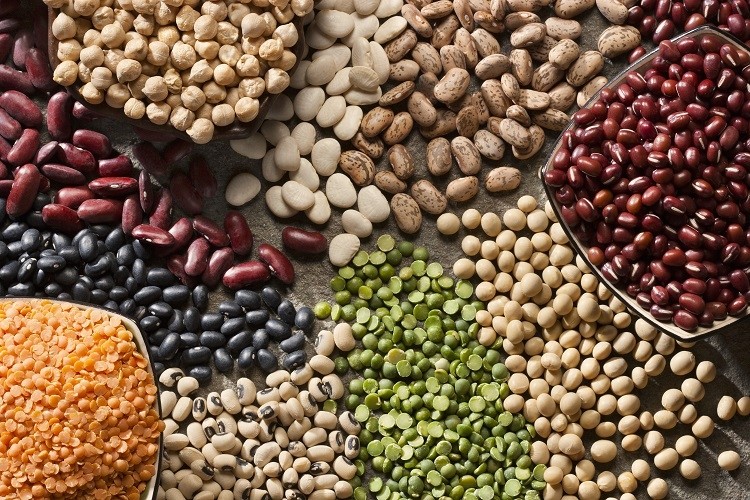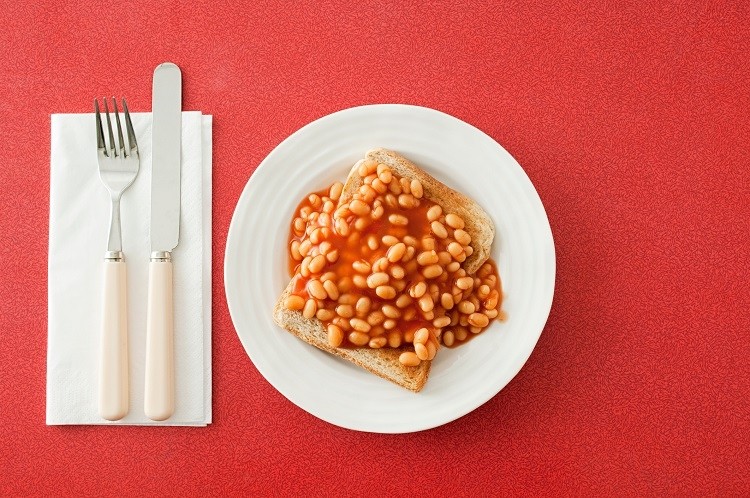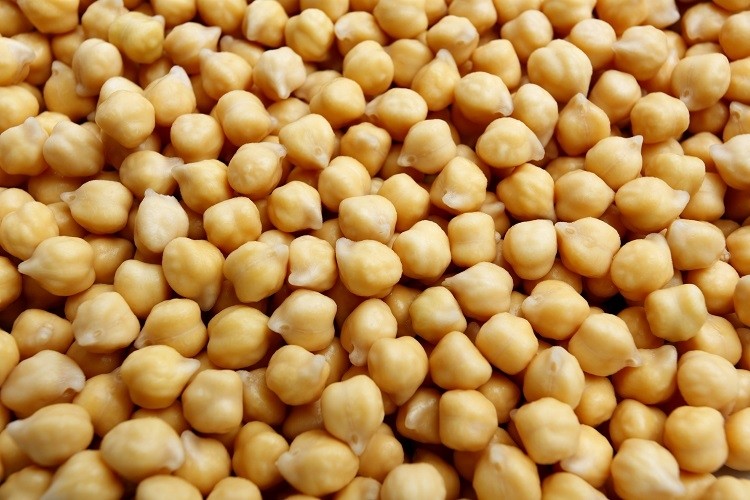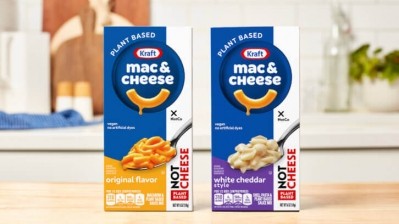From cannellini to pinto and navy: Kraft Heinz plays with bean diversity in plant-based expansion

The Kraft Heinz Company identifies as a ‘beans specialist’. This makes sense, given that Heinz is responsible for the first canned baked beans product, produced back in 1895.
Today Heinz Baked Beanz is still a flagship product for the company, whose ambient food category (including baked beans) makes up more than 10% of total annual revenue, according to Business Quant.
Recently, Kraft Heinz has started experimenting with navy beans (otherwise known as haricot beans) in different ways, while simultaneously including different bean varieties in new products.
Hélène Hervé, international marketing head at Kraft Heinz, talks us through the macrotrends that informed this move.
Kraft Heinz enters new categories with beans
Kraft Heinz’s category expansion has seen the company lean into its plant-based credentials. Both of the company’s flagship products – tomato ketchup and baked beans – are plant-based, despite not being overtly marketed as such.
“Our goal is to extend into new categories with beans at the heart of [innovation],” explained Hervé at FoodNavigator’s Positive Nutrition Summit in London last week. Internally, the company describes this category expansion as ‘Beanz Liberation’ – literally liberating the beans from the can.
New products promoting beans include soups, frozen ready meals, and meat-free nuggets, mince, and burgers.

A majority of Kraft Heinz’s new products are made with navy beans, which it uses in its baked beans products. These beans have a ‘smooth texture’, explained Hervé, and have been well received in new product formulations.
But the company is also playing with different bean varieties, ranging from cannellini and pinto and red kidney beans and black beans.
“The key difference [between these varieties] is their taste and texture. The varieties have different…organoleptic profiles,” explained the marketing lead. “We want to promote that with different beans in different innovations, you can have different meal [experiences].”
Health and nutrition in the spotlight
The decision to expand into new categories was informed by macrotrends, ranging from health to sustainability.
Increased interest in health was a growing trend ahead of the COVID-19 outbreak, but the global pandemic has undoubtedly accelerated interest in nutritional and overall wellbeing. “Today, more than 70% of people say they make their dietary choices to support their health or to prevent health conditions,” the marketing lead told delegates.
Interest in plant-based products is also on the rise, we were told, with the ‘number one’ driver behind that choice being health.

Nutritional science backs up Kraft Heinz’s decision to increase its plant-based offerings with beans at the centre of the plate. The company works with its own nutritionists internally, but also keeps a keen eye on dietary guidelines.
“More and more, dietary guidelines say that legumes and beans are [important],” said Hervé, citing the Eatwell Guide in the UK and dietary recommendations to increase legume and bean consumption in Canada, New Zealand, and the Netherlands, amongst others.
The EAT-Lancet Commission’s diet, which places food production within planetary boundaries, also suggests that consumption of nuts and legumes increase more than two-fold by 2050.
Innovation fuels improved sustainability and taste
Another macrotrend observed amongst consumers is greater interest in environmental sustainability. This is also a key purchase driver within plant-based, we were told. “Because of everything consumers hear about the climate…they want to take action.”
Taste is another factor driving consumer engagement with Kraft Heinz’s portfolio, the marketing lead continued. “We need to deliver tasty and nutritious food.”
Kraft Heinz is leaning into innovation both internally and externally via partnerships with third parties. As a ‘big company’ (Kraft Heinz is one of the largest food and beverage companies globally) it has scale. “But we still want to be agile.”

Levers pulled to increase its agility include partnerships with innovation incubators, such as its tie-up with agri-food tech accelerator StartLife in the Netherlands. Kraft Heinz has also established a joint venture agreement with food tech start-up TheNotCompany (NotCo) in the US.
Together, the due plans to develop ‘superior’ plant-based versions of co-branded products at a level of speed, taste, quality and scale ‘yet to be seen’ in the industry. Earlier this year, the JV launched a plant-based mayonnaise alternative, NotMayo, made with chickpeas. “We also need those types of partnerships to be more agile and to hit the ground running,” explained Hervé.
Consumer awareness around the humble bean
Despite favouring innovation and expanding into multiple new categories, Kraft Heinz acknowledges that awareness around the health and sustainability benefits of beans is still lacking amongst consumers. “That’s a challenge,” revealed Hervé at the Positive Nutrition Summit.
To help increase awareness, the company is partnering with external stakeholders. Last year, Kraft Heinz was a founder partner of the global Beans is How coalition, which aims to double global bean consumption by 2028.
“We can’t [increase] awareness around the benefits of beans alone,” we were told. “But we definitely feel that as a company we have a responsibility, like all food companies, to communicate [their benefits] and partner with external stakeholders [to help get that message across].”















